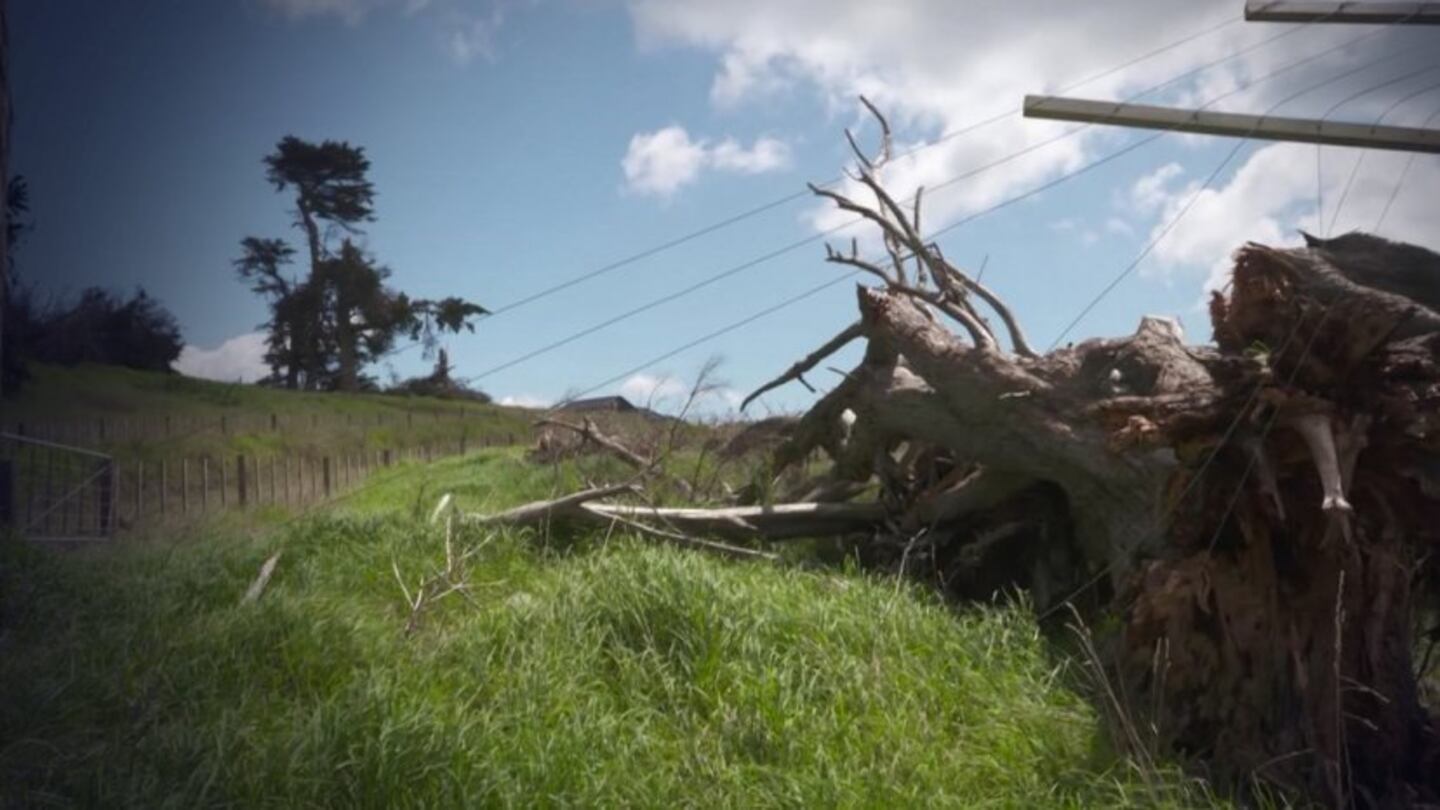As Māori communities around the country begin the long and arduous process of cleaning up after Cyclone Gabrielle, some iwi say central government was slow to respond to the needs of Māori communities.
This comes as the government announced a $15m short-term relief package to support Māori communities.
The package will support a range of efforts including staffing for marae to undertake response and recovery activities, buying equipment needed for the clean-up, buying replacement equipment and storage for food and taonga and supporting planning and coordination efforts.
Kaipara was one region hit hard by the cyclone and Māori ward councillor Pera Paniora says the government was slow to the party.
"Our Māori communities were not assisted immediately and that is part of the reason Te Rūnanga o Ngāti Whātua and our Māori health provider Te Hā set up an evacuation centre."
Waikāretū Marae in Poutō was ground zero for local iwi during Cyclone Gabrielle and was without power for 12 days.

Kaipara council 'amazing'
Marae kaumātua Pene Hita says the Kaipara District Council has been amazing in the way it provided help to the community that was in desperate need of assistance.
"When you look at this peninsula, it was cut off completely, and we were lucky that we had this sort of facility even though it was cut off from the rest of the northern region."
"There's still that lack of communication between Māori organisations and central government organisations."
The short-term relief package includes:
- $9 million, distributed through Te Puni Kōkiri, an agency that is able to leverage its experience and relationships to support response efforts in Māori communities.
- $3 million, distributed through Whānau Ora to fund commissioning agencies to manage and coordinate responses, to augment and deploy resources to impacted regions.
- $3 million, distributed through Te Arawhiti to support direct iwi partnerships and relationship activities, strategic leadership, and coordination.
And while iwi in Kaipara are thankful for any help, Paniora says the goal is to strengthen future resilience.
"How can we ensure that this doesn't happen in the future?"



